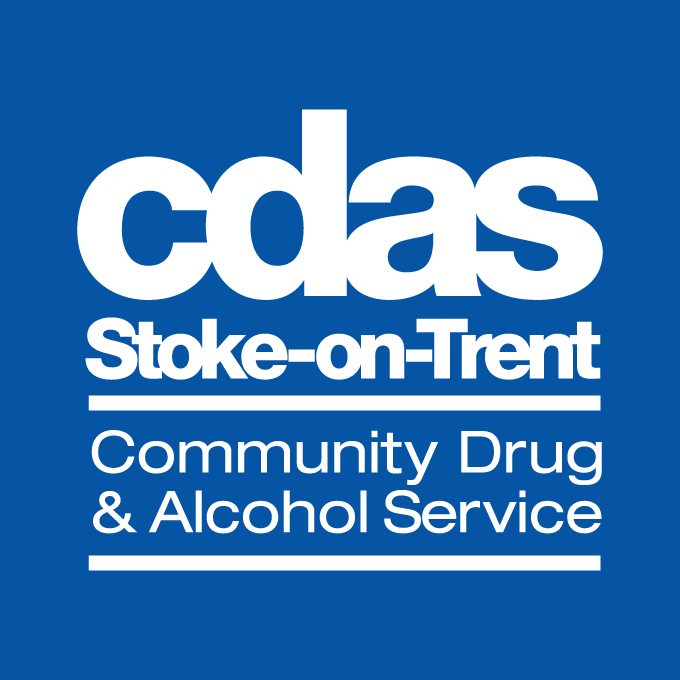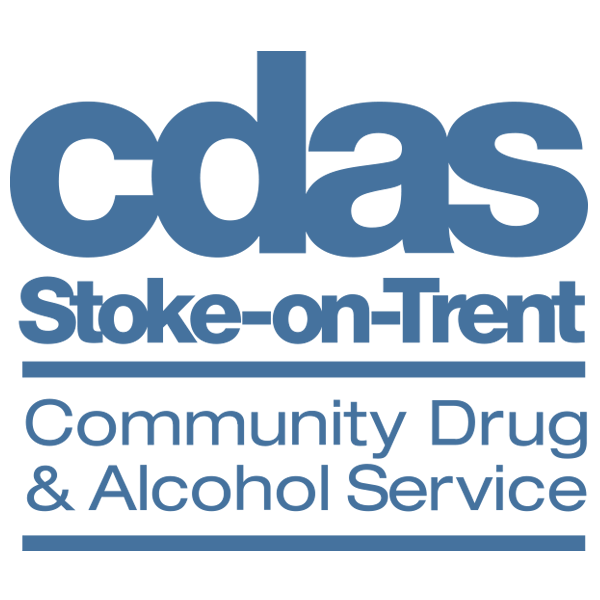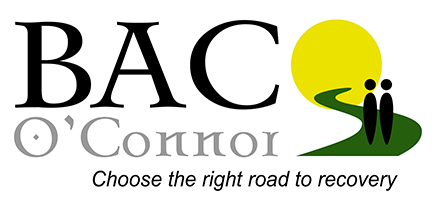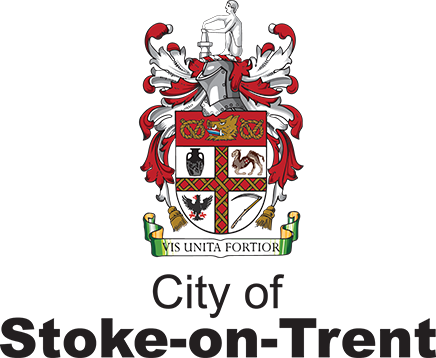Depression is a mental health problem involving long-lasting, persistent feelings of sadness and low mood. Regular alcohol use and depression often go together.
Depression affects people of all ages and backgrounds, including people who drink alcohol and people who don’t.
Regularly drinking alcohol can make depression more likely.
People with depression may be at more risk of developing problems with alcohol, especially if they drink to relieve their depression.
Alcohol and depression can be closely linked:
- Regularly drinking alcohol affects your brain chemistry in a way that can lead to feelings of depression.
- Some people with depression drink alcohol because in the short term it makes them feel better.
- In the longer term, this can create a damaging cycle. People may drink alcohol because they feel depressed, but heavy use depresses their mood further, which leads to more drinking, and so on.
- As well as increasing the risk of depression, drinking alcohol to feel better can also make other problems worse. For example, drinking to cope with financial problems could put more strain on your finances if you’re spending money on alcohol
Getting help with alcohol and depression
If you’re depressed (or you think you may be) speak to your GP. They will be able to suggest treatments that could help, including antidepressant medicines, talking therapies and self-help approaches
As alcohol can make antidepressants less effective, your doctor may not prescribe them if you’re still drinking heavily.
For that reason, it’s a good idea to try cutting down the amount of alcohol you drink before seeking help with depression.
Many mental health problems, including depression, gradually improve when you stop drinking. So if you can cut down or stop, you could start feeling better without any other treatment.
If you’re dependent on alcohol
(or you think you may be) it’s important to get medical advice before stopping or changing your drinking habits.
Speak to your doctor if you have any of these symptoms:
• shaking or trembling
• hallucinations (seeing or hearing things that aren’t there
• feeling sick or vomiting
• sweating
• confusion
• racing pulse or heart rate
• seizures (fits)
If you’re trying to cut down or stop drinking, we can support you.
Contact us on 01782 283113 or chat to us online.
Support from services could help you get your drinking under control and break the cycle that may be making your depression worse.
If you have stopped drinking alcohol for a few weeks but are still feeling depressed, psychological treatments or ‘talking therapies’ may help.
This involves working with a trained therapist to overcome depression. Speak to your GP to find out more.
Mixing alcohol with antidepressants
Although alcohol makes antidepressants less effective, it’s normally safe to drink small amounts of alcohol while taking them.
But some medicines, known as monoamine oxidase inhibitor (MAOI) antidepressants, are very dangerous to mix with alcohol.
These medicines include:
- tranylcypromine
- phenelzine
- isocarboxazid
If you’re taking these medicines, don’t drink any alcohol at all. Doing so causes serious side effects, including dangerously high blood pressure.
If you’re not sure what kind of antidepressant you’re taking, speak to your doctor or a pharmacist.
Stopping antidepressants suddenly can be dangerous
Whatever medicine you’re taking, stop drinking alcohol and speak to your doctor if you feel unwell, feel unexpectedly drunk, or have any other side effects.
You should also speak to your doctor if you have any of the alcohol withdrawal symptoms mentioned above.




